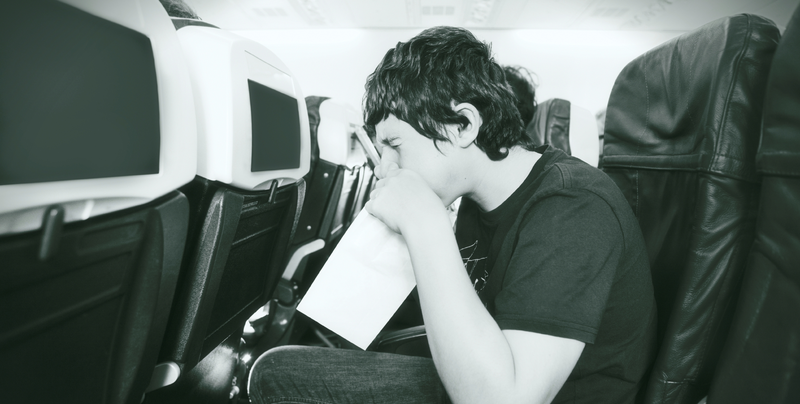Fears raised over self-driving cars causing motion sickness

(c)iStock.com/craftvision
The advent of self-driving cars should theoretically give its passengers plenty of time to do other tasks. But a new study suggests that, for a small proportion, most of that time will be spent being sick.
The study from the University of Michigan Transportation Research Institute (UMTRI), entitled ‘Motion Sickness in Self-Driving Vehicles’, asserts between 6% and 10% of American adults riding in fully self-driving vehicles would be expected to ‘often’, ‘usually’, or ‘always’ experience some level of motion sickness. 6% to 12% would be expected to experience ‘moderate’ or ‘severe’ motion sickness during that time.
It’s worth noting that motion sickness covers car sickness, airsickness or seasickness; the most common explanation is the disparity between the inner ear telling the brain there is motion, and the eyes telling the brain everything is still resulting in the brain trying to purge what it sees as toxic hallucination by inducing vomiting.
Edwin Park, a neurologist at the Naval Aerospace Medical Institute, told the Scientific American that anxiety makes people more susceptible to motion sickness whereas being in control of a situation makes them less so. As a result, driving isn’t motion sickness inducing, but concentrating on something such as watching TV, working or playing video games would be, researcher Michael Sivak told InformationWeek.
“Motion sickness is expected to be more of an issue in self-driving vehicles than in conventional vehicles,” the report abstract states. “However, the frequency and severity of motion sickness is influenced by the activity that one would be involved in instead of driving.”
UMTRI frequently releases research on autonomous vehicles; one in particular which raised eyebrows last month was a study which suggested energy savings with self-driving vehicles were wide of the mark because of a lack of ‘trip overlap’, or one car performing two or more journeys.
According to NASA data, approximately 30% of the population are naturally immune to motion sickness.

Leave a comment
Alternatively
This will only be used to quickly provide signup information and will not allow us to post to your account or appear on your timeline.